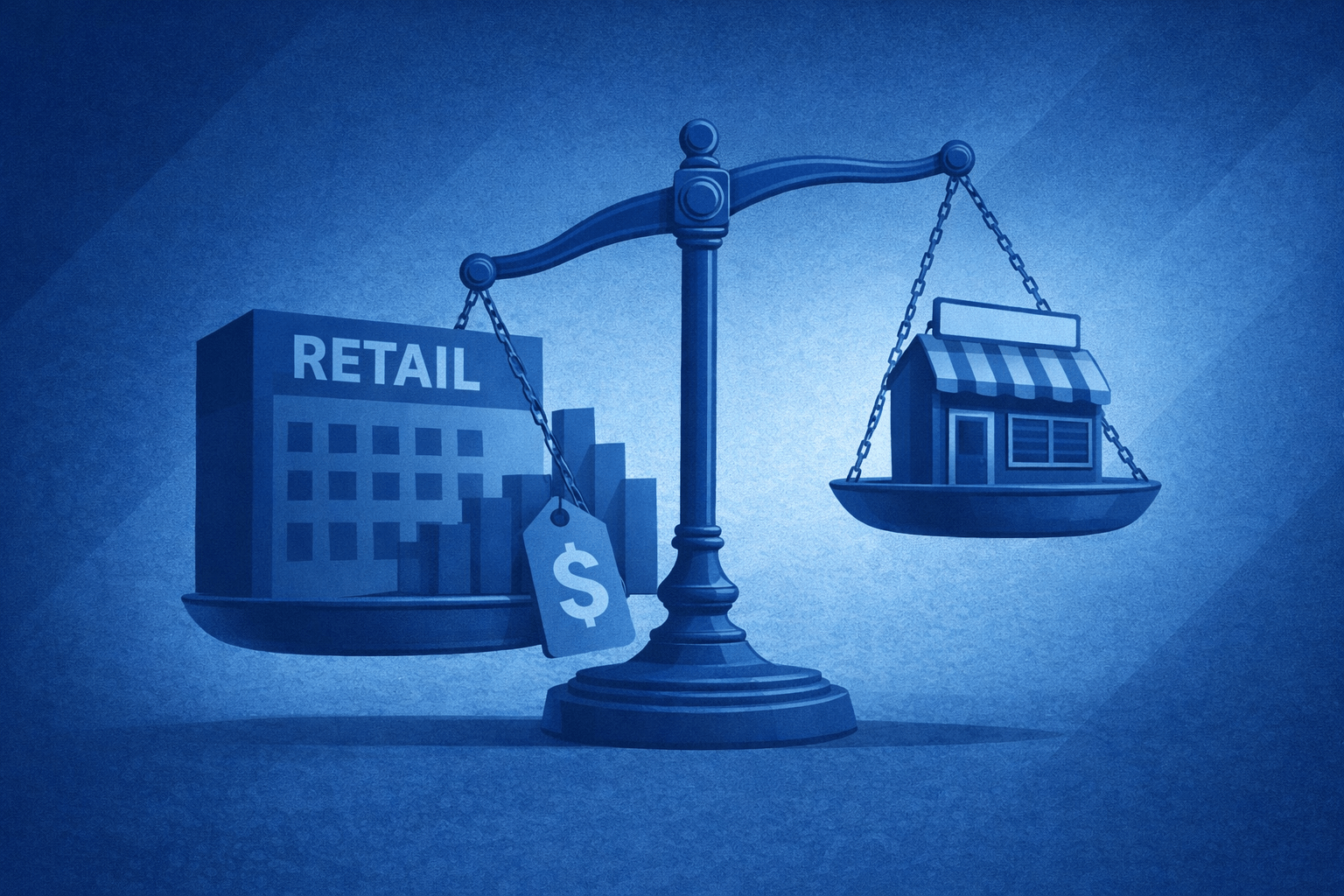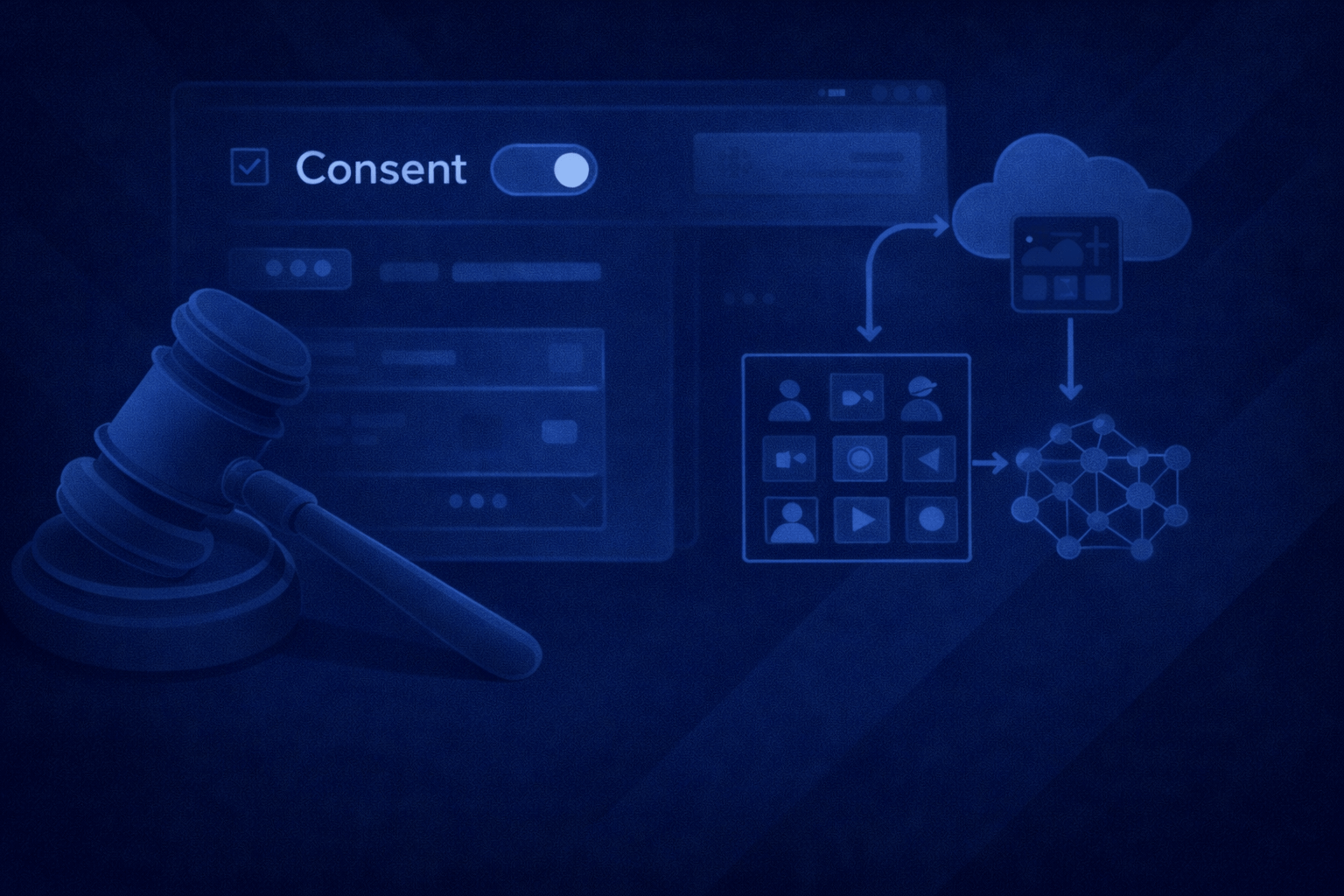Right of Publicity Lawsuits Are Surging
The number of class-action lawsuits based on right-of-publicity claims has sharply increased, now regularly targeting platforms such as ZoomInfo, Avvo, LexisNexis, and major data brokers.
Recent multimillion-dollar settlements and active litigation demonstrate the seriousness and viability of these claims. This surge in litigation highlights a major shift from targeting primarily celebrity endorsements to confronting the unauthorized commercial use of private individuals' and professionals' identities, significantly expanding potential liabilities for a broad range of companies.
Why It Matters: The Expanding Scope of Publicity Rights
The expansion of right-of-publicity litigation beyond celebrities to include everyday individuals represents a significant shift in privacy law and data-driven business practices. This evolving legal landscape places heightened scrutiny on common industry practices, such as using publicly available profiles, teaser previews, and data aggregation techniques.
The increased litigation underscores how widely accepted methods of monetizing personal identities are now subject to significant legal challenges. For attorneys and companies alike, this trend indicates a crucial shift toward recognizing the inherent commercial value of personal identities and the need for greater clarity around consent and the permissible use of personal data.
Class Actions Spotlight
Recent high-profile cases illustrate the growing risk:
- ZoomInfo proposed a $29.5 million settlement following multiple class-action lawsuits alleging unauthorized commercial use of identities under Illinois, Indiana, Nevada, and California laws.
- Avvo, a prominent online legal directory, has faced parallel legal scrutiny over similar business practices. Plaintiffs have alleged that Avvo publishes unauthorized attorney profiles and uses teaser-style displays of professional credentials and biographical data to drive traffic and sell premium subscription services.
- PeopleConnect (Intelius), a background-check platform, faces active litigation alleging unauthorized use of personal identities in subscription marketing. The lawsuit highlights broader scrutiny on background-check services monetizing identity data without clear authorization.
- Whitepages settled claims of unauthorized commercialization of personal information through subscription-based people-search services. This notable settlement underscores heightened risks and potential liabilities for data brokers monetizing personal profiles without explicit consent.
- Ancestry.com is currently defending right-of-publicity claims alleging unauthorized commercialization of personal images and information obtained from historical yearbook databases. This case highlights increasing risks for genealogy platforms utilizing historical personal data without explicit consent.
Company Practices Challenged in Litigation
Common practices now increasingly targeted by lawsuits include:
Professional Profiles Without Consent
Companies aggregate and monetize personal data such as employment history, contact details, and professional achievements without individuals’ knowledge, violating their right to control commercial use of their identity.
Scraped Public Data for Marketing
Businesses scrape publicly accessible information to build detailed marketing profiles, subsequently sold to third parties for targeted advertising.
Names Embedded in SEO and Ads
Embedding personal names in metadata to boost search rankings and drive advertising revenue infringes individuals' publicity rights, despite the subtlety of this practice.
Unauthorized Endorsements and Testimonials
Some platforms even fabricate implicit endorsements by associating individuals with products or services they've never supported, creating significant exposure.
State Laws Shaping Litigation
State-specific regulations heavily influence the trajectory of litigation:
- Washington’s Personality Rights Act (WPRA) prohibits unauthorized use of a person's name or likeness (RCW 63.60.050).
- Illinois Right of Publicity Act (IRPA) defines unauthorized commercial identity use as actionable (765 ILCS 1075/10).
- California Civil Code requires explicit consent for commercial use of identity (§3344).
- Indiana Code requires right of publicity protection of a person’s name, image, and likeness (§32-36-1).
- Ohio Revised Code provides statutory protection for name, voice, signature, photograph, or likeness used for commercial purposes without consent (§2741).
- New York Civil Rights Law expanded to cover digital replicas and post-mortem rights; prohibits use of a person’s name, portrait, voice, or likeness for advertising or trade without written consent (§§ 50 and 51).
Industries Facing Heightened Risks
Several industries are now facing litigation and at risk for futher exposure due to their reliance on monetizing personal data without explicit consent:
Data Brokers and People-Search Platforms
These businesses aggregate extensive personal profiles sold for marketing, credit evaluations, or consumer targeting, sparking significant privacy concerns and legal exposure.
B2B Data Providers
Their unique dual roles as data controllers and processors complicate compliance and amplify legal risks, especially around consent practices and subscription models.
Legal and Real Estate Directories
Profile-based directories frequently face claims regarding unauthorized commercial exploitation of professionals' identities.
Healthcare Directories and Court Data Aggregators
Emerging sectors like healthcare directories or court data aggregators are increasingly targeted due to inaccurate or unauthorized use of sensitive personal information.
What to Expect: Anticipated Developments
Increased Litigation Activity
With several large settlements already finalized and courts allowing claims to proceed, an overall increase in Right of Publicity litigation is expected across industries that rely on profile-based marketing, people data, or public records monetization.
Regulatory Scrutiny and AG Actions
Expect potential investigations from state Attorneys General, especially in proactive jurisdictions like California, Illinois, and Washington, focusing on consumer privacy and commercial misuse of data.
Expansion into New Jurisdictions
Class actions are likely to spread more intensively to additional states with favorable statutes (Indiana, Ohio, New York).
AI-Generated Identities
There is growing scrutiny regarding unauthorized AI-generated digital impersonations (deepfakes). While current Right of Publicity litigation involving AI-generated identities primarily concerns individuals with some level of public recognition, increased regulatory attention from agencies like the FTC suggests businesses should remain cautious of potential broader applications of these laws in the future.
Stay Ahead of Right-of-Publicity Litigation
As right-of-publicity lawsuits continue to reshape how personal identities are commercially used, attorneys and companies alike face an evolving legal landscape with increasing exposure. Keeping pace with these developments requires proactive compliance, strategic foresight, and a clear understanding of emerging state statutes and litigation trends.
Want real-time alerts on emerging right-of-publicity cases and investigations targeting at-risk companies? Rain Intelligence delivers timely, verified litigation intelligence to help you stay ahead of critical developments.





